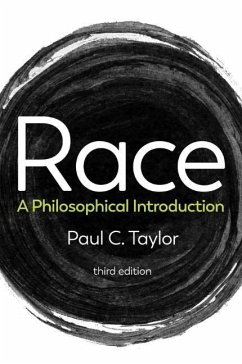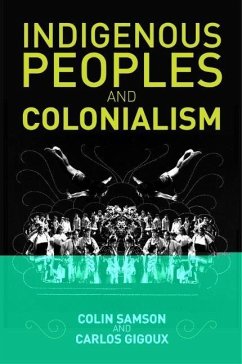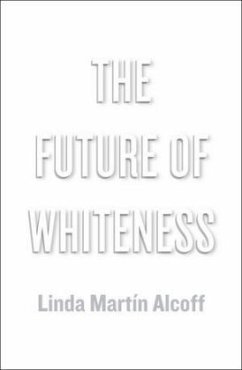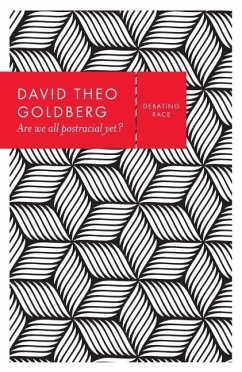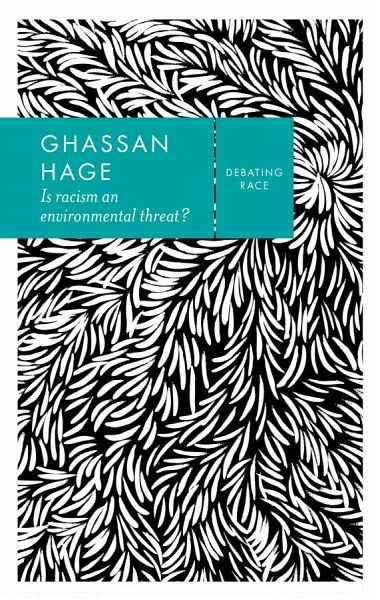
Is Racism an Environmental Threat?

PAYBACK Punkte
13 °P sammeln!
The ecological crisis is the most overwhelming to have ever faced humanity and its consequences permeate every domain of life. This trenchant book examines its relation to Islamophobia as the dominant form of racism today, showing how both share roots in domination, colonialism, and the logics of capitalism.Ghassan Hage proposes that both racism and humanity's destructive relationship with the environment emanate from the same mode of inhabiting the world: an occupying force imposes its own interest as law, subordinating others for the extraction of value, eradicating or exterminating what get...
The ecological crisis is the most overwhelming to have ever faced humanity and its consequences permeate every domain of life. This trenchant book examines its relation to Islamophobia as the dominant form of racism today, showing how both share roots in domination, colonialism, and the logics of capitalism.
Ghassan Hage proposes that both racism and humanity's destructive relationship with the environment emanate from the same mode of inhabiting the world: an occupying force imposes its own interest as law, subordinating others for the extraction of value, eradicating or exterminating what gets in the way.
In connecting these two issues, Hage gives voice to the claim taking shape in many activist spaces that anti-racist and ecological struggles are intrinsically related. In both, the aim is to move beyond what makes us see otherness, whether human or nonhuman, as something that exists solely to be managed.
Ghassan Hage proposes that both racism and humanity's destructive relationship with the environment emanate from the same mode of inhabiting the world: an occupying force imposes its own interest as law, subordinating others for the extraction of value, eradicating or exterminating what gets in the way.
In connecting these two issues, Hage gives voice to the claim taking shape in many activist spaces that anti-racist and ecological struggles are intrinsically related. In both, the aim is to move beyond what makes us see otherness, whether human or nonhuman, as something that exists solely to be managed.










